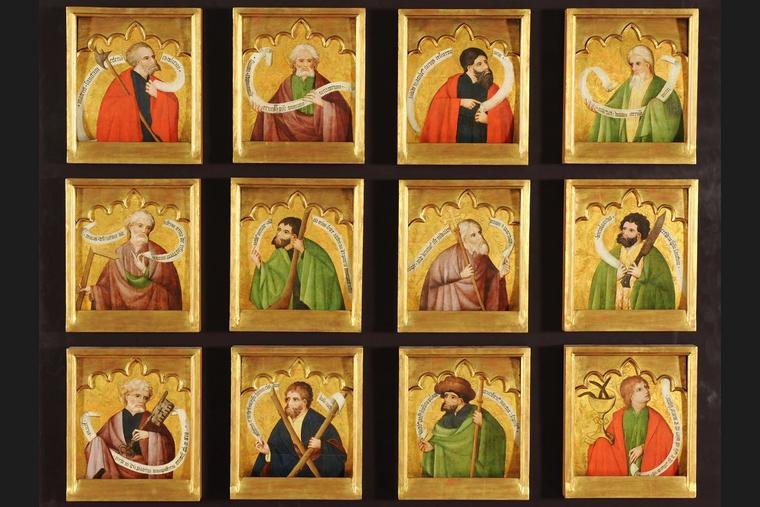- Feb 5, 2002
- 166,616
- 56,252
- Country
- United States
- Faith
- Catholic
- Marital Status
- Married
- Politics
- US-Others
Sacred Tradition and Sacred Scripture are the two major sources by which we receive God’s Revelation. By his words and deeds, God unveils himself to us.
A few years ago, when I was finishing my doctorate in moral theology at a pontifical university in Rome, a theologian read my research. After his review, he asked me, “I noticed you quoted Paul VI’s Populorum Progressio. Did you read the document?” I told him I had, and then he laughed and said, “Oh, you’re the one!”
Whenever I tell that story, priests and theologians laugh because it displays the purifying and humbling dimension of Sacred Tradition.
Sacred Tradition and Sacred Scripture are the two major sources by which we receive God’s Revelation. By his words and deeds, God unveils himself to us. He discloses his own knowledge of himself to us.
In contemporary language, God shares himself with us. Through this self-revelatory knowledge, God invites each of us into a vital and personal relationship with him.
The Catechism of the Catholic Church explains:
Continued below.

 www.ncregister.com
www.ncregister.com
A few years ago, when I was finishing my doctorate in moral theology at a pontifical university in Rome, a theologian read my research. After his review, he asked me, “I noticed you quoted Paul VI’s Populorum Progressio. Did you read the document?” I told him I had, and then he laughed and said, “Oh, you’re the one!”
Whenever I tell that story, priests and theologians laugh because it displays the purifying and humbling dimension of Sacred Tradition.
Sacred Tradition and Sacred Scripture are the two major sources by which we receive God’s Revelation. By his words and deeds, God unveils himself to us. He discloses his own knowledge of himself to us.
In contemporary language, God shares himself with us. Through this self-revelatory knowledge, God invites each of us into a vital and personal relationship with him.
The Catechism of the Catholic Church explains:
In this way, the Catechism echoes the Second Vatican Council’s dogmatic constitution on divine Revelation, Dei Verbum, which explained Sacred Tradition and Sacred Scripture in the light of the commission to go and teach all nations:The apostles entrusted the ‘sacred deposit’ of the faith (the depositum fidei), contained in Sacred Scripture and Tradition, to the whole of the Church. ‘By adhering to [this heritage] the entire holy people, united to its pastors, remains always faithful to the teaching of the apostles, to the brotherhood, to the breaking of the bread and the prayers’ (84).
Continued below.

Sacred Tradition Is Purifying and Humbling
COMMENTARY: Sacred Tradition and Sacred Scripture are the two major sources by which we receive God’s Revelation. By his words and deeds, God unveils himself to us.
